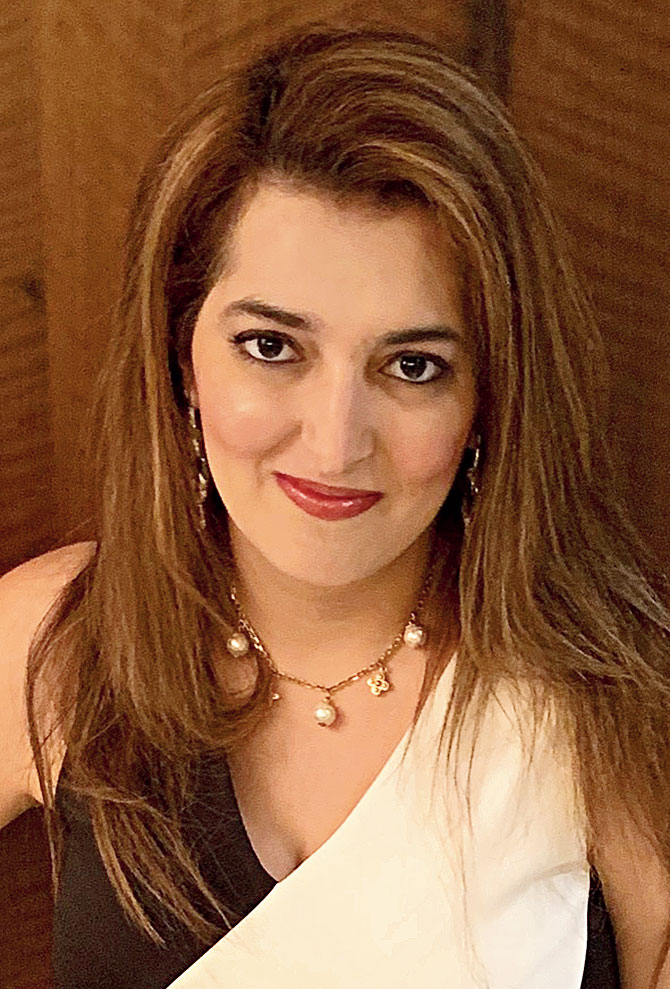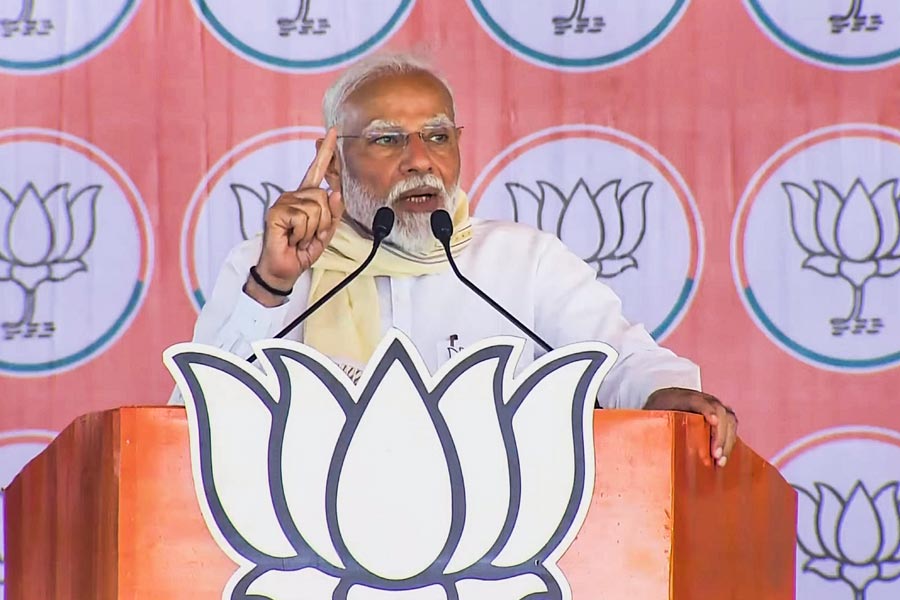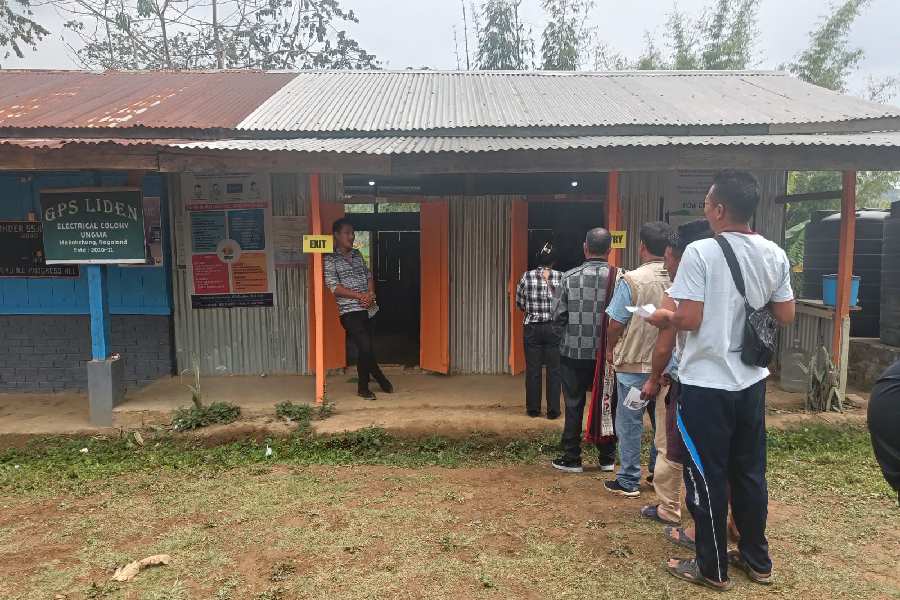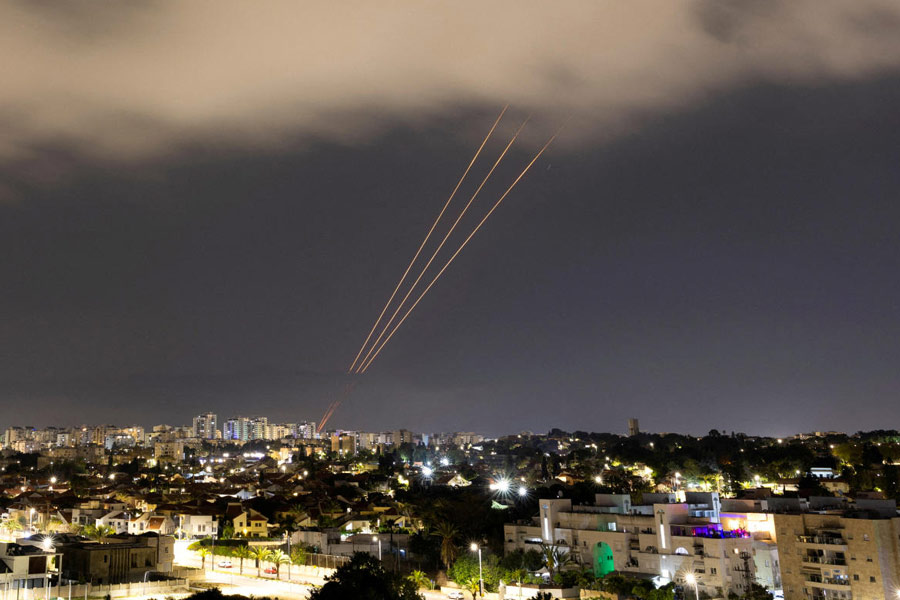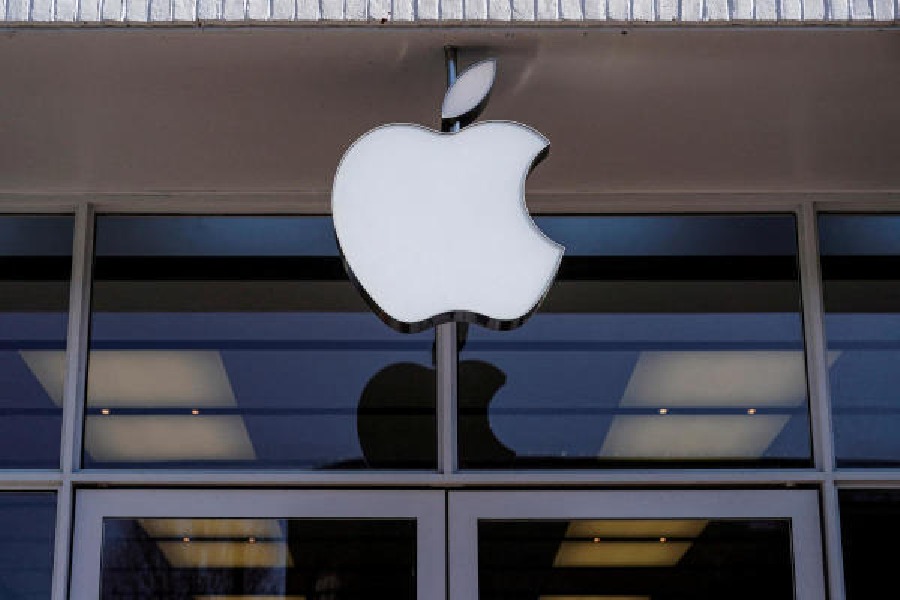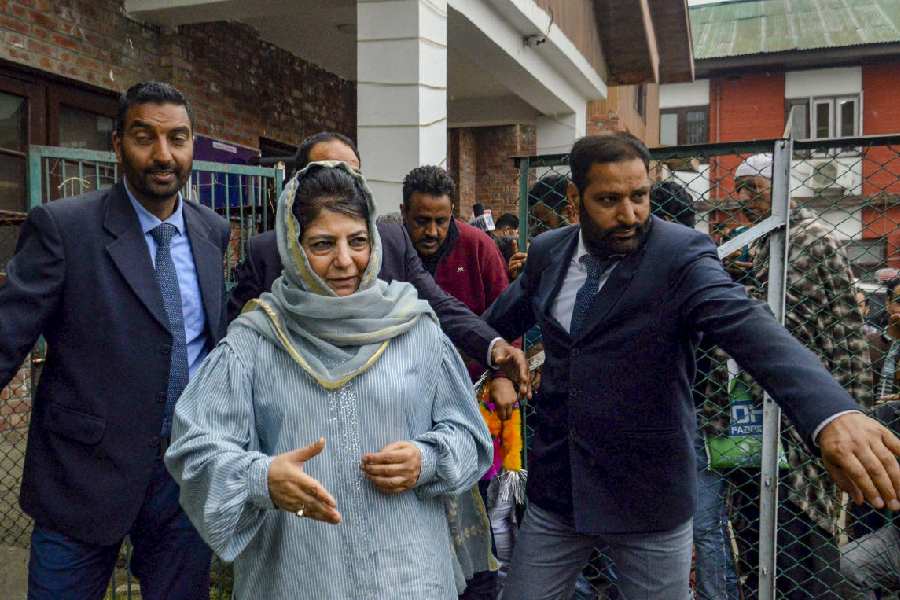I moved to India with my husband, my six-month-old son and my pup on August 15, 2014, ironically India’s Independence Day, with the vision of regaining some of the independence that we had lost since we had a child. We envisioned a trade-off between giving up our lives in New York and the standard of living it came with, for gaining time with our parents, and the security of having our children looked after while we left the house for work. We expected our move to open a whole new door of independence (even allowing for a social life) which had not been possible in New York. As much as I loved my time with my son, I was looking forward to going back to work.
However, embracing independence as a parent is not as straightforward as it seems. There is no way to unlatch the child that is dependent on their parent, day and night for everything from affection and entertainment to nourishment and security (nor did I want to). In fact, I found it harder to let go and accept that my child will not be dependent on me through the day for every single diaper change and meal, and that I may miss a giggle or smile, or maybe even a first word or step while I was at work. It took me two months after I moved until I was ready to leave the house without him, and that, too, for a limited period of time. As the hours that I spent away from home increased, I would not only miss my son but also feel guilty for everything he did that I wasn’t there for, even if it was as simple as not being able to put him down for his nap myself. Moreover, it took mental energy to accept that it’s okay to let your child to be attached to people other than their parents.
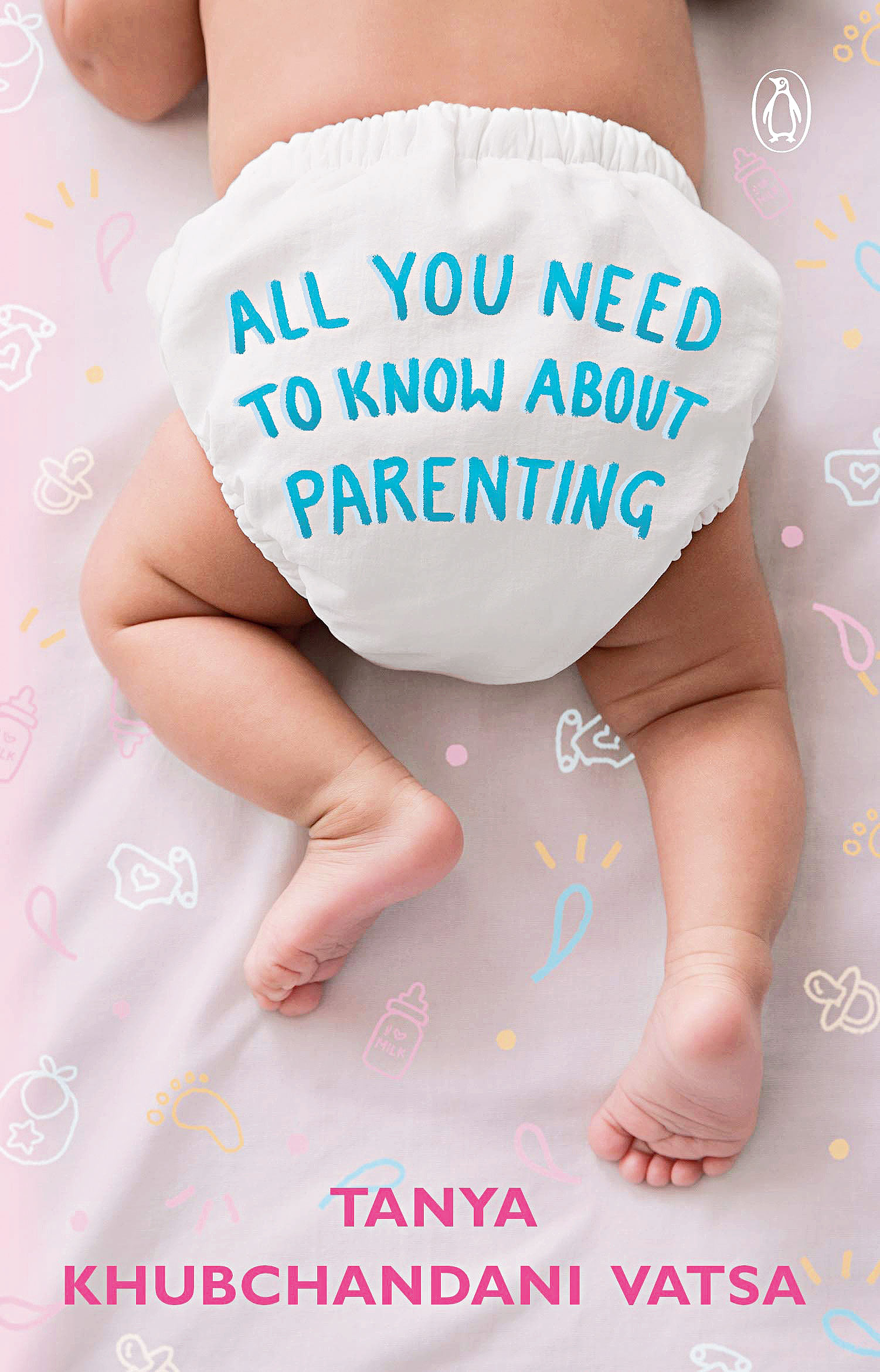
All You Need To Know About Parenting by Penguin India (Book Cover)
It did get less daunting though. I learned to keep a fixed time for my son, and eventually both children, that would then make me feel less guilty about being away, and give them the security that I will be home at a certain hour no matter what. Bath time, story time and bedtime are my responsibility no matter what (in addition to the activity time I often make it home for), even five years and another baby and puppy later.
There’s a learning curve attached to parenting, and that includes time taken to adjust and settle down with all the changes that having a baby comes with. A big change though is accepting what your new boundary-filled independence really means, now that you have a dependent who learns everything they know from you. It includes accepting your choices and decisions and making sure that the children you are raising are getting the best they can from you so that they learn to be responsible, loving, caring, self-respecting and self-reliant individuals. So, if this means that they must see you make choices that are difficult for you daily, so be it — it will teach them to prioritise their own needs, too, in the long run, and learn to be individualistic and independent themselves.
— Tanya Khubchandani Vatsa
Author of All You Need To Know About Parenting by Penguin India
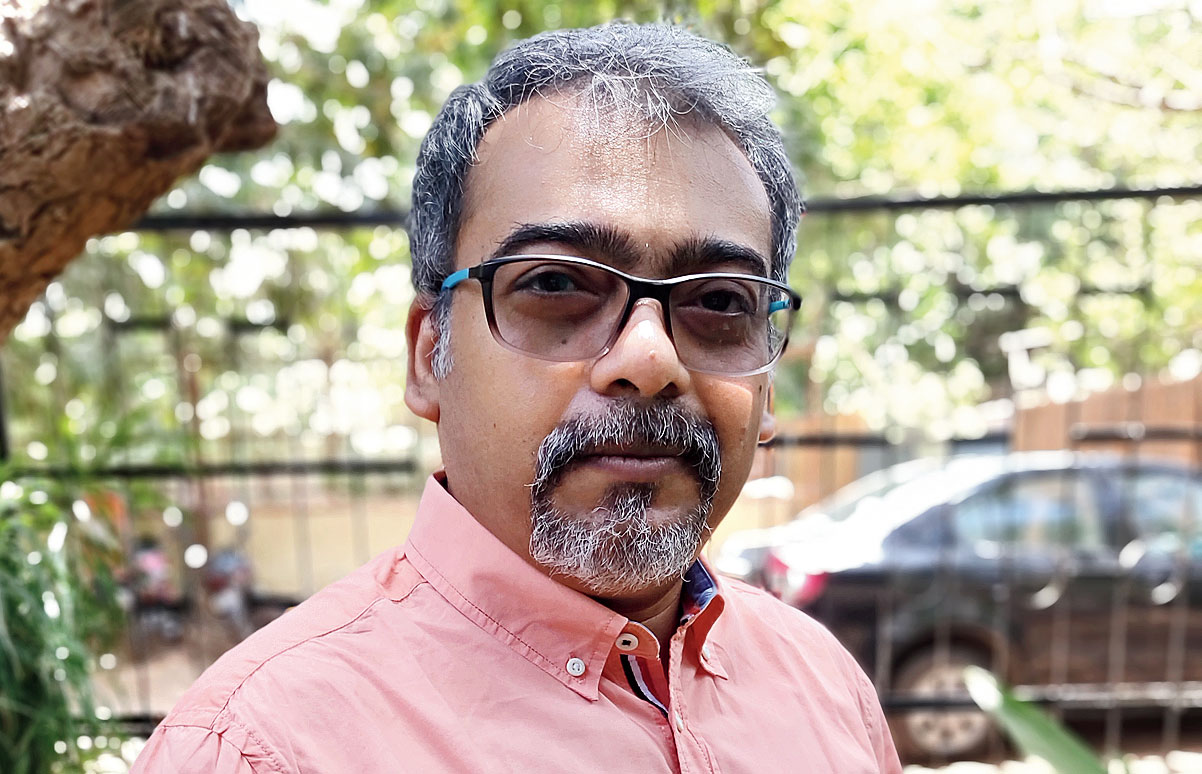
Anirban Bhattacharyya (Sourced by Telegraph)
Freedom — such a wide-spanning, all-encompassing, generic term which is taken for granted by some, and still craved by others in a modern world where social media has been unleashed upon us in all its glorious avatars. Platforms that allow us to speak our mind, meet whomever we choose, befriend strangers, post our most uncensored thoughts and have an opinion on anything and everything that we choose to have our say on. With this newfound freedom, we find ourselves putting on the masks of judge, jury, executioner, expert, sympathiser, troll, antagonist, hater, lover, sycophant... depending on the content or the person that we encounter. The web has united the world with its virtual shackles, giving us an unlimited power of freedom and yet this freedom in turn has unleashed the worst in us. Strangers can easily troll a woman for her pictures wearing a skirt.
We all thought this was the new democracy. We were wrong. The same woman who thought it would be safe to share her views in this idyllic, free and supposedly new democratic world, now finds herself walking down the virtual version of the same unsafe streets of India where every hour 4.4 rapes take place. So are we truly free? Do we really inhabit a world of true freedom? Can we truly express our opinions freely, without the fear of people threatening our family, daughters, sons, just because one may not agree with certain viewpoints of the hegemony? At every juncture one is told to pack bags and head off to the neighbouring country.
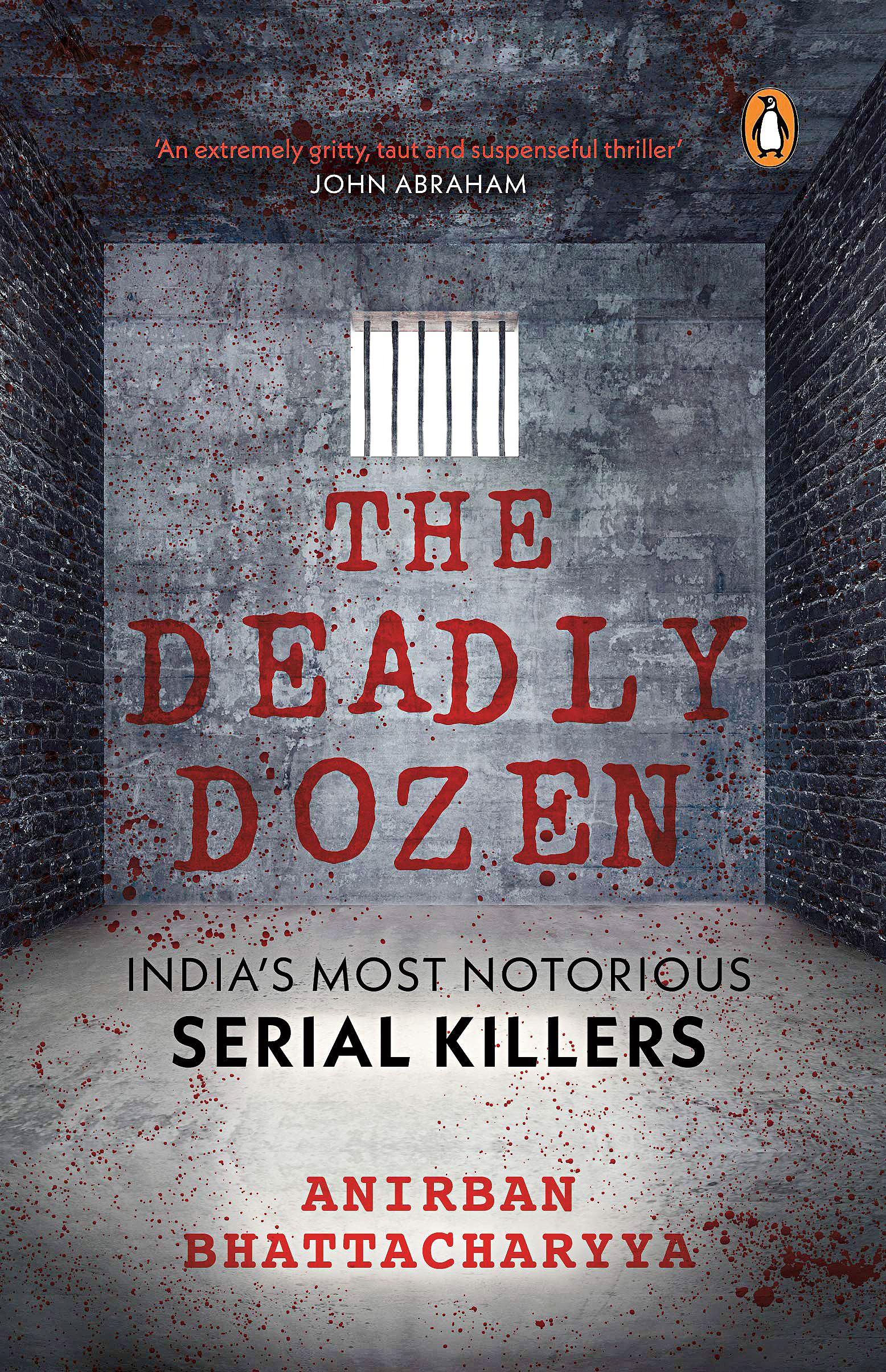
The Deadly Dozen: India’s Most Notorious Serial Killers by Penguin India (Book Cover)
But like in any sphere of life, it is not a black-and-white world. Like there are people with good intentions, there are the ones who abuse this power of freedom as well. Fake news and offensive memes fight to grab one’s attention. So then can trolls be respected as being the opposition in this democratic world because they stand on the other side of the fence? Freedom of speech and expression; the freedom to practise any religion, the right to freedom — all of these are our fundamental rights — it’s not just a right but a sense of democratic power handed down to the citizens of India. And with great power — as you have often heard Uncle Ben tell Peter Parker — comes great responsibility. The freedom is as good as we use it for the correct purpose; the power of freedom that we wield is only respectful if we use it to respect others. With freedom, we must use our own moral compass (if we have any). Every word that we write, every comment we share, every abuse we throw, every time our inner trolls are unleashed, remember that we are doing it because we have been given the power of freedom, but are we doing the right thing?
The freedom that we now enjoy has come at a humongous cost. We must safeguard it so that it is not misused, nor is it suppressed with the weapon of fear. It has been 72 years since the historic “tryst with the midnight hour”. Are we respecting the freedom that was given to us? Are we safe-guarding it, so that we can let our children and their children enjoy the benefits of it too? Or are we abusing it for propagating agendas, for selfish benefits and only allowing a section of the voices to be heard? French philosopher Albert Camus has said, “Freedom is nothing but a chance to be better.” Are we using our freedom to be better, to make the nation stronger and prouder, or are we not? Jai Hind!
— Anirban Bhattacharyya
Author of The Deadly Dozen: India’s Most Notorious Serial Killers by Penguin India
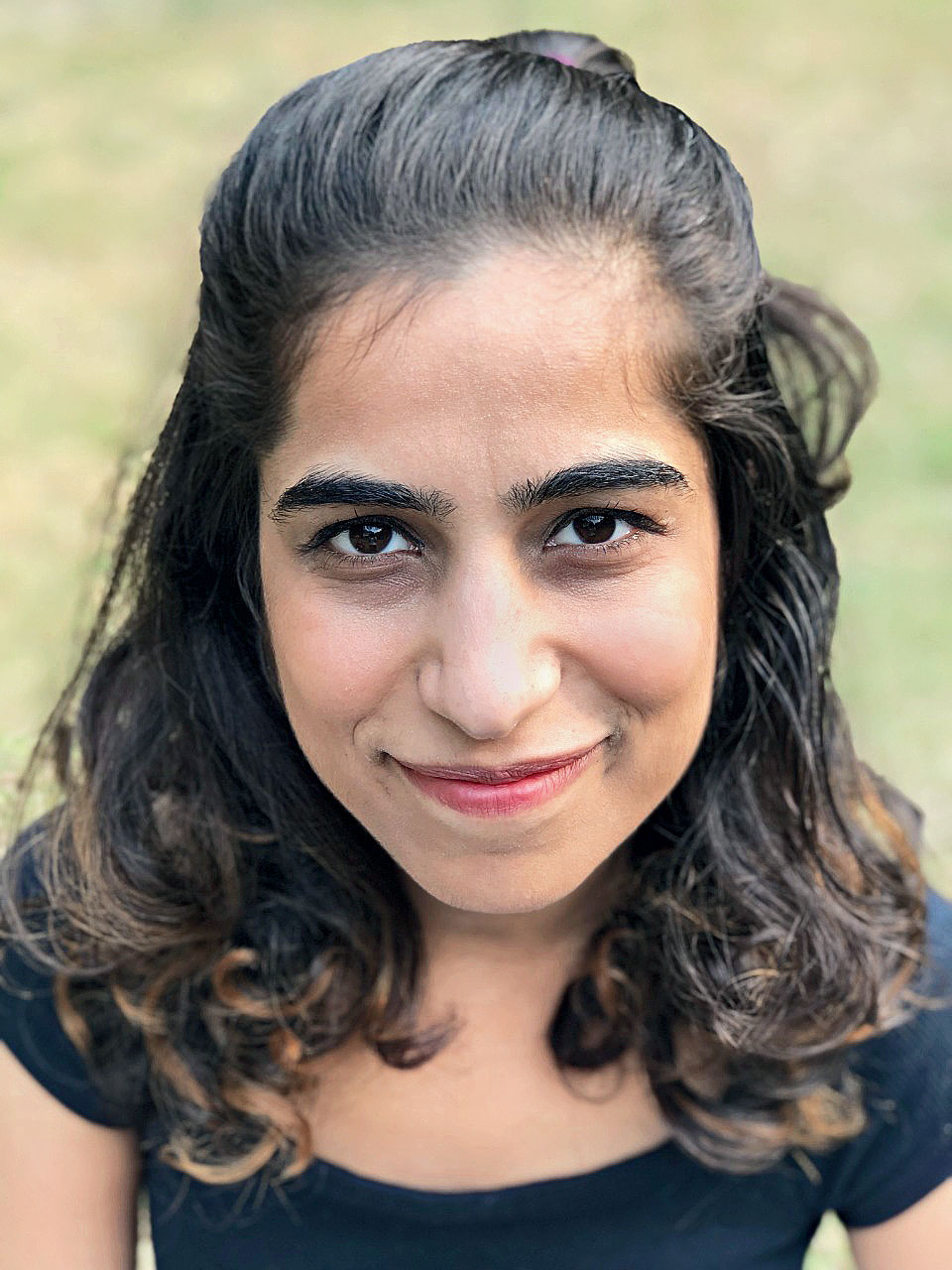
Srishti Chaudhary (Sourced by Telegraph)
In a society rooted in patriarchy, I can say easily, and with confidence, that the only thing I want in the world is to live and be free. Free from traditional norms and stereotypes, free from the expectations and ideologies that don’t stand in line with my own beliefs, and free to determine my own life as I want. How does that freedom come about? From far-thinking men and women who campaign for change against the tide of habit, from foresighted policies and laws that provide social security, specially to the disadvantaged sections of population, and from our own individual actions that one day sum up to a significant, generational change.
Writing sets me free. Ever since I was a little girl, I would escape into the world of books when I couldn’t make sense of the world around myself. When I read great books, I wanted to create great books, and so I started writing. And once I began writing, I couldn’t stop: it gave me a sense of control over my life, allowing me to channel my thoughts and feelings and putting a structure on them. And so my first book had to be about self-determination and the exclusive spaces that allow women to express themselves. In Once upon a Curfew, Indu inherits a flat full of books from her grandmother and seeks to turn it into a library for women. Why a library, and why only for women? In the everyday humdrum of life, in maintaining households, taking care of children and all the activities that demand the time of women, how many women are able to take the time out for self-development, pursue hobbies and train the mind? The library in the book is this space where women come to give time solely to themselves, to learn and grow, and literally find a room for themselves.
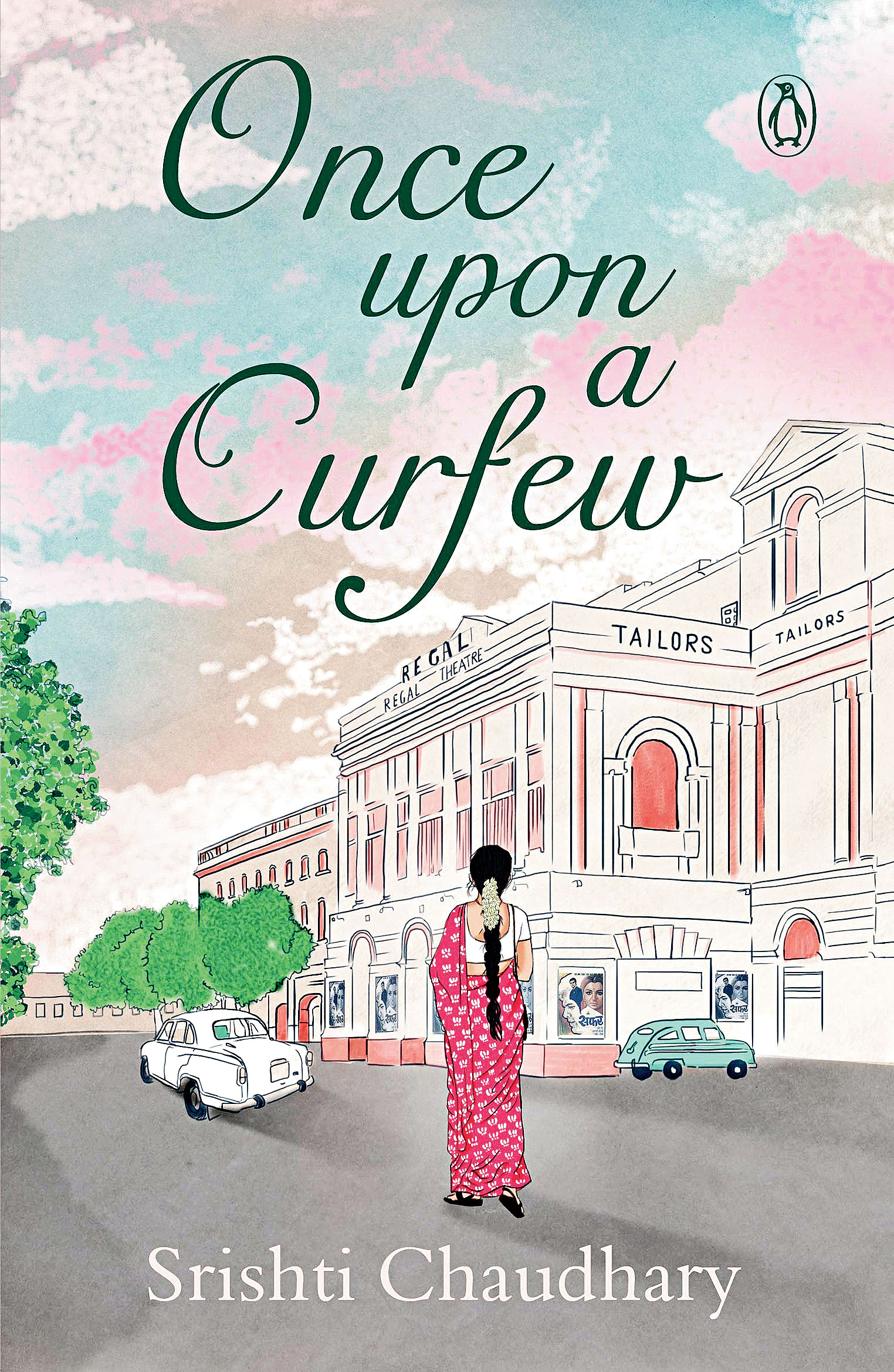
Once Upon a Curfew by Penguin India (Book Cover)
When at some point in my literature degree I studied Virginia Woolf’s A Room of One’s Own, the text to me was inspirational and revolutionary, even after almost a hundred years when it was written. It said that to write fiction, a woman must have five hundred pounds a year, and a room of her own. She wrote out against the critics who suggested that the genius of Shakespeare could never be found among women. Without education and opportunity, she argued, how could such genius be found? As I see it now, women have to work twice as hard to get half as much. They have to double prove themselves to the society. Freedom to me, in its most essential and basic sense, is a world in which these negative prejudices do not exist and in which equal opportunities are extended. As a woman writer, I actively seek to create, and at the same time, wait for a world where I have the chances to determine my life as I want, live as I want, and mould a future for myself where I am able to extend these privileges to another.
— Srishti Chaudhary
Author of Once Upon a Curfew by Penguin India
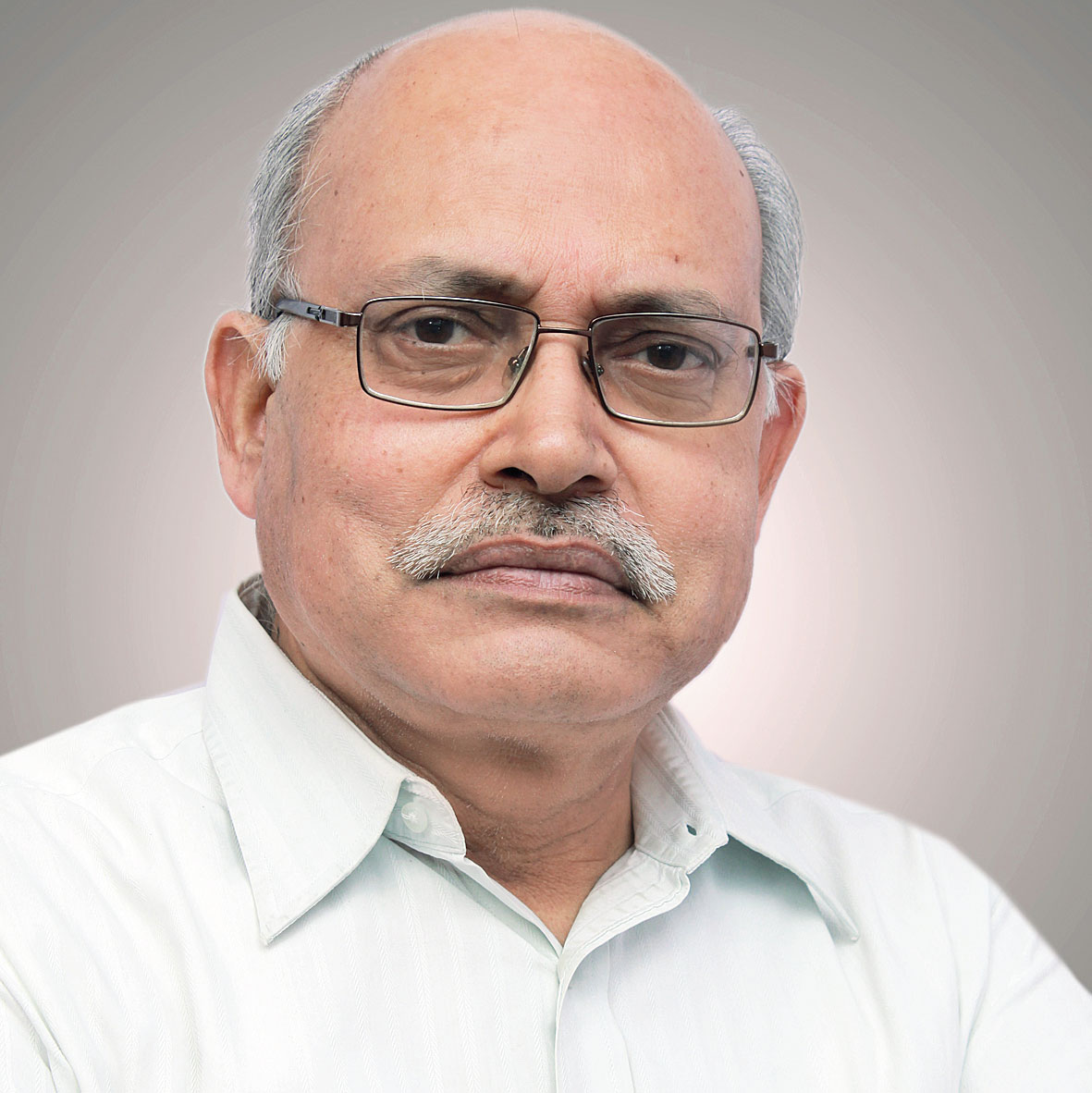
A.K. Bhattacharya (Sourced by Telegraph)
How do you define freedom? It may sound ironical that the very act of defining freedom can go against the essence and spirit of freedom. Broadly speaking, freedom is the right to do what you wish to do, with no restrictions. But once you define freedom, the purists will argue that the spirit of freedom has been snuffed out from the idea of freedom. In other words, the act of defining freedom imposes certain theoretical limitations on the thoughts that can be freely pursued or on the actions that can be freely performed. These limitations are somewhat similar to T.S. Eliot’s discomfort with the “eyes that fix you in a formulated phrase”. But, implicit in this dichotomy lies the true spirit of freedom. As we celebrate India’s 73rd Independence Day, understanding what constitutes freedom for an author and what it entails for him or her can be very instructive. What does an author consider to be the most integral condition for him or her to remain an author? Certainly, freedom. But can freedom for an author be unrestrained, without any responsibility or limitations? How is the author’s freedom different from poetic license? The critical element here is the purpose. Poetic license allows a flight of imagination that the creator can embark on for creating something that may not be factual, but serves the purpose of conveying a larger message or even the truth. Similarly, freedom for an author is defined by the purpose of what s/he is writing. Attaining that purpose, whatever that may be, defines the author’s freedom. But it does not curb his or her freedom. If the purpose is to present a historical account of how the world is changing, the author’s freedom is defined by the need to stay true to the prevailing facts and remain faithful to an honest and logical interpretation of those facts.
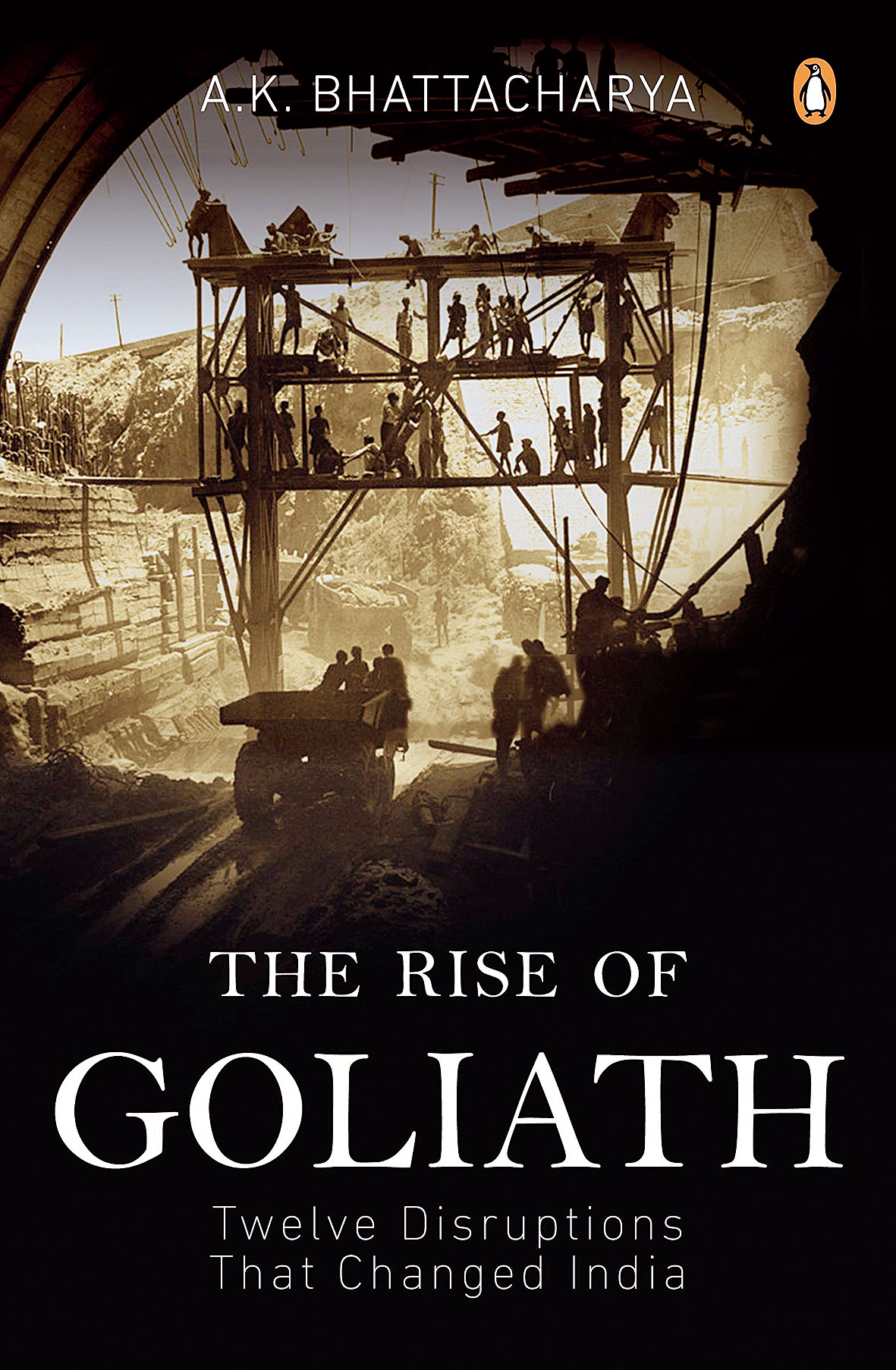
The Rise of Goliath: Twelve Disruptions That Changed India by Penguin India (Book Cover)
The best judge for how well an author uses freedom is the reader. If the reader endorses the way the author has used the freedom to present facts, events and relationships, that idea of freedom gets a further boost and is even redefined. It is a dynamic process. For an author, freedom is defined by his or her purpose and the response she gets from the readers. The core values of that freedom for an author are set and reset through that relationship with the reader. In that sense, the idea of freedom for an author is quite different from what is often broadly understood by freedom. For an author, therefore, freedom does come along with a set of responsibilities. But those responsibilities are part of and arise out of a pact between the author and the reader. The author lives and survives largely because of the reader. There aren’t too many authors who can transcend the limitations imposed on their freedom by their readers. Authors who can do that end up producing timeless classics. But that journey for an author — to achieve true freedom — is long and arduous.
— A.K. Bhattacharya
Author of The Rise of Goliath: Twelve Disruptions That Changed India by Penguin India
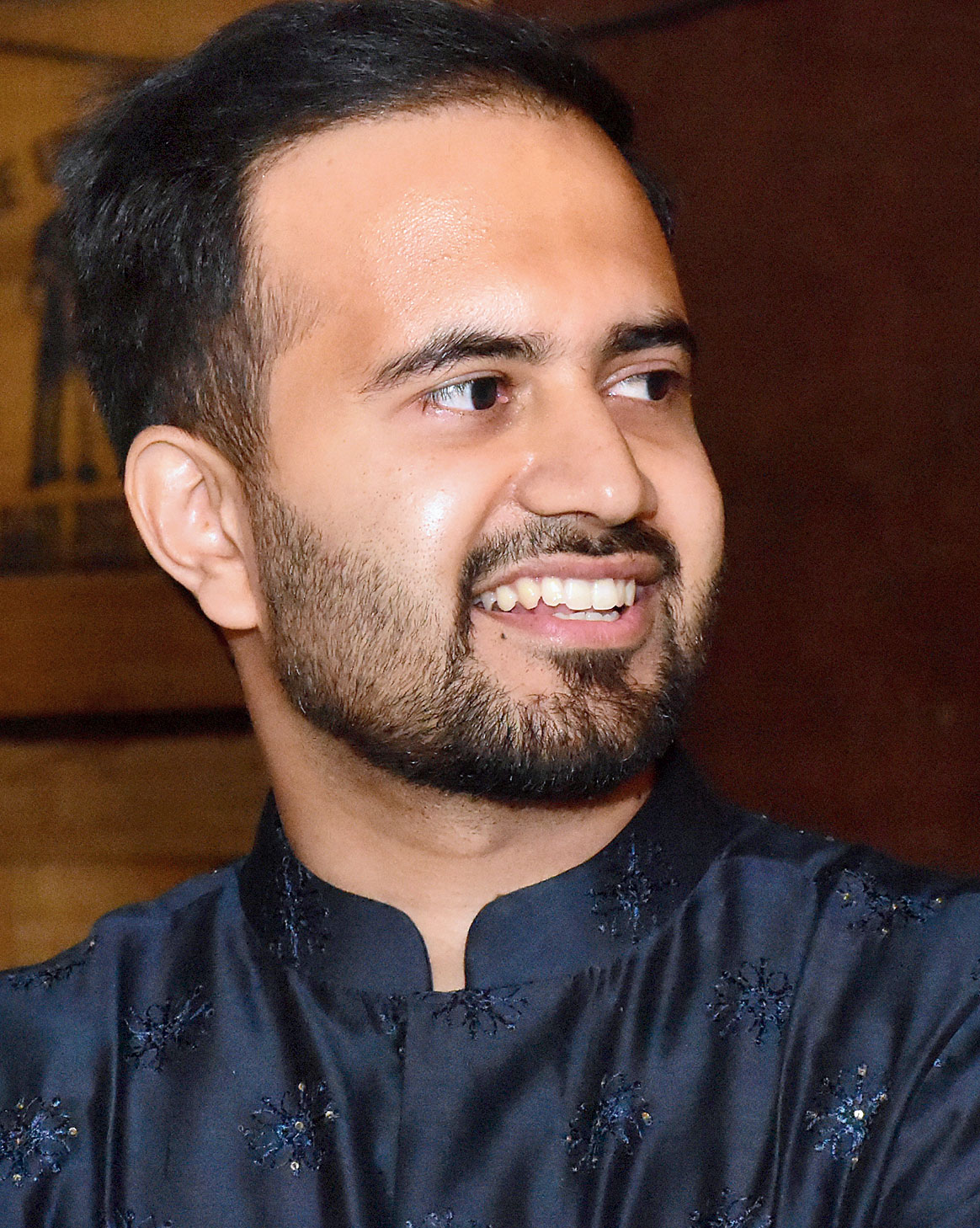
Varun Thomas Mathew (Sourced by Telegraph)
In mathematics, freedom is often expressed as the ability of a variable to change in value. It’s a beautiful concept when extrapolated to a nation, representing the ability of a country to adapt and evolve along with its people. In many ways, India, when it was first conceived as an idea, was a marvellously amorphous concept — a sub-continental variable, if you will. There was little to bind us together, other than our struggle for freedom and common purpose. We had no state religion, no prioritised ethnicity, a multitude of languages, and enough space for many contradictory histories to peacefully co-exist. We were as audacious an idea as the tower of Babel once must have been, and a blueprint for how humanity, in all of its differences, could rest under one flag. After all, Mahatma Gandhi himself said: “I do not want my house to be walled in on all sides and my windows to be stuffed. I want the cultures of all the lands to be blown about my house as freely as possible.” Many laughed at this endeavour and prophesied its demise. Nehru was aware of how rare and unknown an idea like India was, for he called India “a myth and an idea, a dream and a vision”. An undefined nation. That’s what we were meant to become, and for many decades, that’s what we were. Until now, for a process has begun to very clearly define ‘India’.
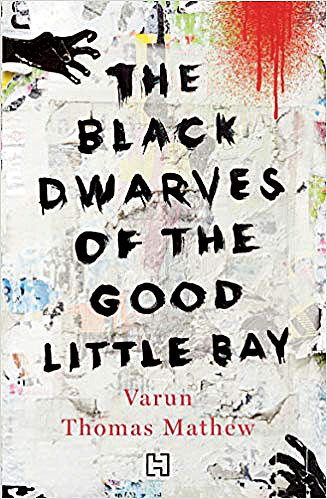
The Black Dwarves of the Good Little Bay by Hachette India (Book Cover)
Two months ago, during the Cricket World Cup, I happened to support a young, ‘blue-jerseyed’ team that trained in Dehradun, was sponsored by Amul, and had the best practitioners of spin in the world. If you watched them play, you couldn’t help being won over by their passion and humour and story. Yet, when they clashed with the Indian team and nearly overthrew them, my cheers for their efforts were met with accusations of my being a traitor. If you cheer for another team, you cannot be Indian. There are clear lines now being drawn all over this country of ours — around our diet, our love, our clothing, and even our conduct at a movie theatre. The history of our civilisation is being redefined in textbooks, to erase the multicultural diversity of our past and present a singular view dominated by one religion and one people. Our reasons to vote are now more clearly defined than ever, and it has nothing to do with candidates or manifestos.
Today, on the eve of our 73rd Independence Day, as I witness our insecure nation seeking refuge in narrow definitions, I hope and pray that we will preserve our right to remain undefined. For with the introduction of narrow definitions, we lose a multitude of freedoms, and the very basis of what it means to be Indian. As Gandhi said, “Indian culture… is neither Hindu, Islamic nor any other, wholly. It is a fusion of all. And every one who called himself or herself an Indian is bound to treasure that culture, be its trustee and resist any attack upon it”.
— Varun Thomas Mathew
Author of The Black Dwarves of the Good Little Bay by Hachette India
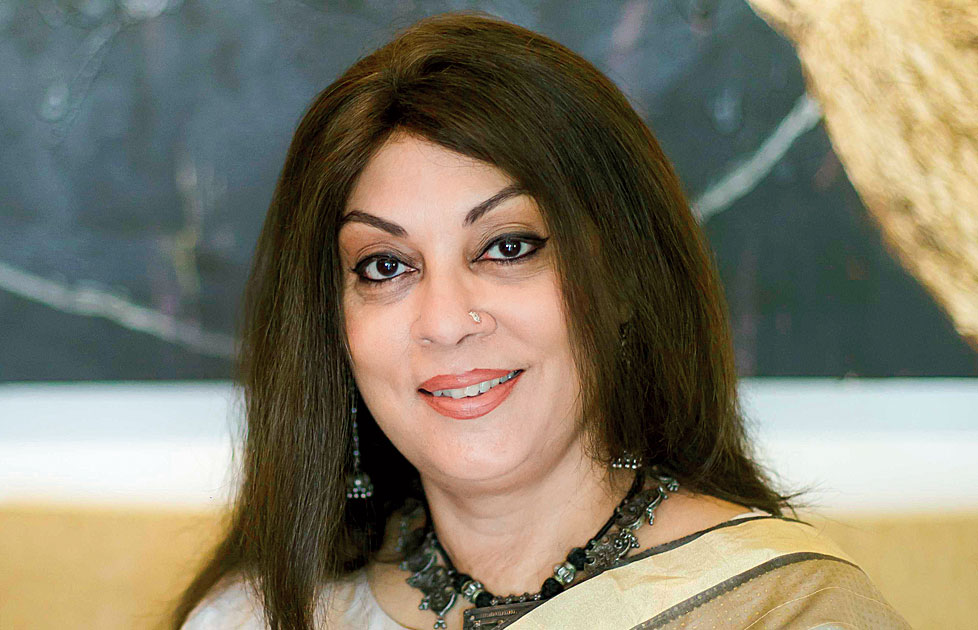
Anita Shirodkar (Sourced by Telegraph)
On a macro level, freedom is all things abstract — liberty, emancipation and the pursuit of that elusive goal, happiness. In everyday terms, it is often used in the context of a political scenario, the cliche being that democracy is freedom while autocracy, socialism and anarchy are not. These ideas have become blurred over the years and are not as black-and-white as they sound. To most of us, me included, freedom is about being able to exercise choice — the freedom to choose my path, my spiritual beliefs, my right over my body — whether it is abortion, a living will or euthanasia — and most importantly, the freedom to form my own opinions and to speak my mind. Having said that, I believe that freedom is irrevocably linked to tremendous responsibility — one cannot make choices that are reckless, or ones that adversely affect the fabric of the society we live in. There is a thin line between the voice of dissent and the voice of dangerous instigation, between vigorous debate and hate speeches. Freedom to make choices comes with accountability, because all choices are not the right ones, correct? But who gets to decide what is right or wrong?
People perceive freedom and their right to make choices in diverse ways. Society dictates which norms are acceptable and which aren’t, but ironically, society itself is in constant flux, so what may have been acceptable 20 years ago is considered unthinkable today. The caste system and the daily trials of Dalits is a case in point — it is no longer acceptable either by law or by the norms of civilised society to marginalize people on the basis of caste, yet it happens with distressing regularity. Is this the so-called ‘higher classes’ exercising their freedom to behave as they will, with impunity?
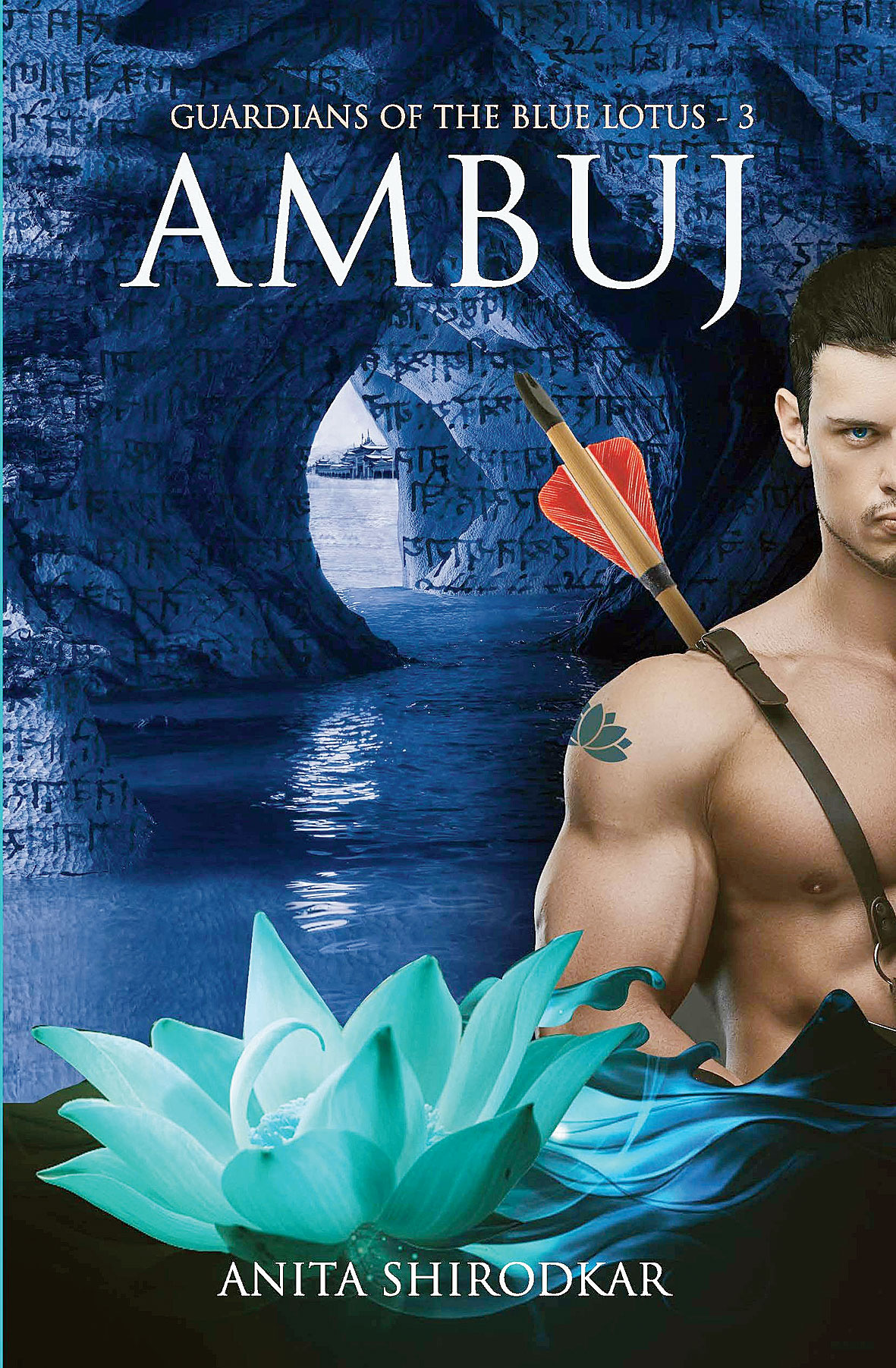
Aryavir, Sitanshu, Ambuj and more by The Write Place (Book Cover)
We as a nation have developed over the last 72 years and evolved — we understand our rights better than we did in the past, and we use our voices to ensure we are heard. Many of us have helped to shed light on issues that needed rectifying and wrongs that needed to be righted. Lately, Twitter has empowered every one of us who has something to say, giving us an instant audience of millions — a useful but potentially dangerous tool. If I have observed anything over that last few years, it is this: there is a need to understand the accountability that comes with our freedom, our democracy.
The freedom to raise our children as we wish should be coupled with educating our sons on how to respect women. We need the freedom to choose a house to live in without being chastised by neighbours for our food choices, the freedom to love without restrictions on caste, colour or gender, the freedom to wear the clothes of our choice without being told we are asking for rape, the freedom to post an opinion on social media without fear of being jailed, the freedom to get a basic education regardless of gender or income, and most important, the freedom to live without fear. Freedom is truly free only when choices we make do not infringe on the freedom of others — irrespective of culture, society, politics or norms. I believe freedom is only possible when we learn to respect the rights of those around us.
— Anita Shirodkar
Author of Aryavir, Sitanshu, Ambuj and more by The Write Place

